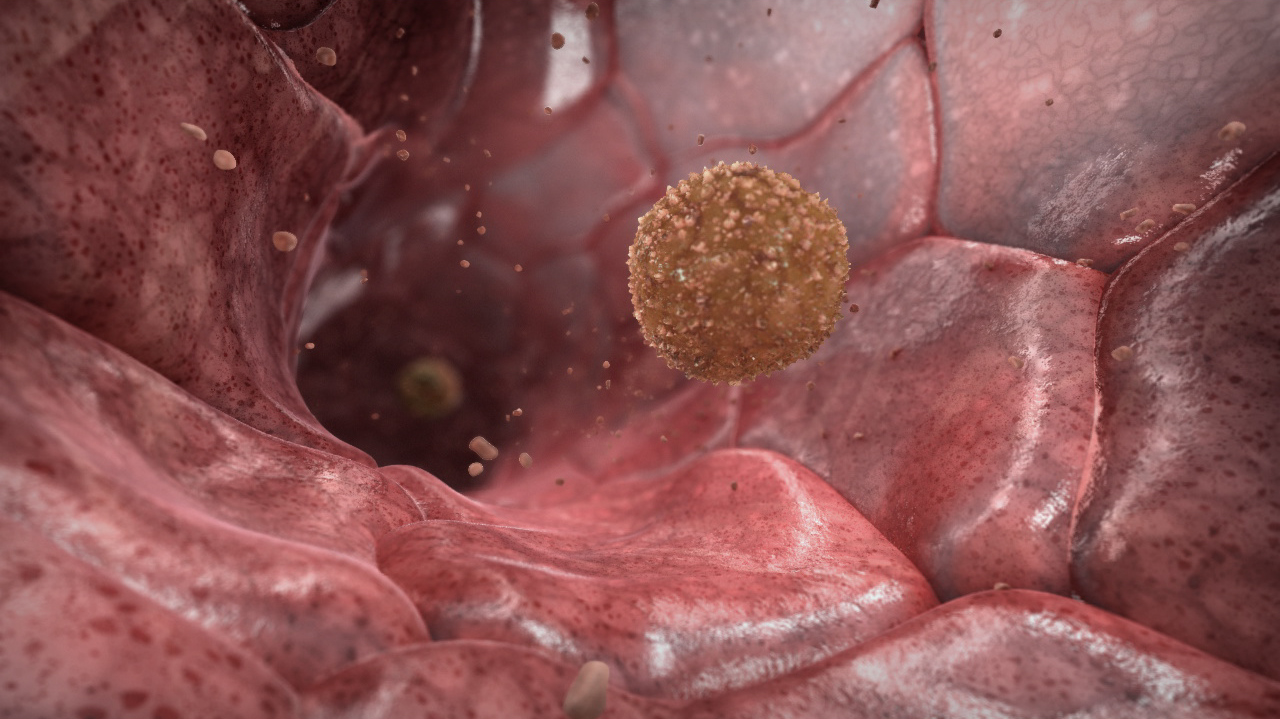Inflammation & Your Arteries

The most common causes of death from disease in North America are related to atherosclerosis – hardening of the arteries. Healthy arteries become diseased from inflammation. Often, LDL (“bad” cholesterol) oxidizes because of stress or toxins or a diet deficient in antioxidants. The inflamed LDL ricochets off the delicate lining of the blood vessel leaving microscopic injuries like millions of tiny paper cuts in the blood vessels. The blood vessels themselves inflame in response to this injury and become sticky. Sticky arteries and sticky cholesterol is a recipe for disaster. Soon, adhesion molecules called ICAM-1 cause the sticky compound to harden.
- This study suggests Betanin inhibits the myeloperoxidase/nitrite-induced oxidation of human low-density lipoproteins. “This study shows that betanin, a phytochemical of the betalain class, inhibits the production of lipid hydroperoxides in human LDL submitted to a MPO/nitrite-induced oxidation.” Free Radic Res. 2007 Mar;41(3):335-41
- According to this study Antioxidant bioflavonoids help protect the cells that line the interior surface of blood vessels and lymphatic vessels. “It has been suggested that some pigments would have antioxidant properties and that their presence in dietary constituents would contribute to reduce the risk of oxidative stress-correlated diseases. Among others, inflammatory response depends on redox status and may implicate oxidative stress. Vascular endothelial cells are a direct target of oxidative stress in inflammation. We have tested the impact of the free radical scavenger and antioxidant properties of bioflavonoids/betalains from the prickle pear in an in vitro model of endothelial cells. Here we show the capacity of bioflavonoids/betalains to protect endothelium from cytokine-induced redox state alteration, through ICAM-1 inhibition in humans.”(Ann N Y Acad Sci. 2004 Dec;1028:481-6.)
Bioflavonoids from Nopal cactus juice may provide protection for the delicate lining of the arteries and may also help reduce the risk for heart attacks, stroke and other vascular diseases.

